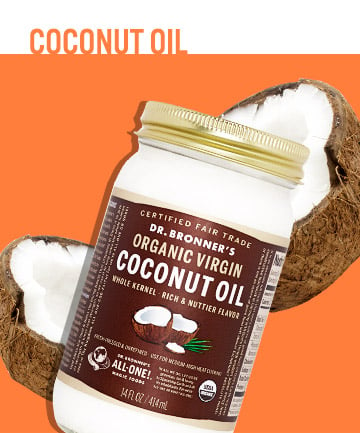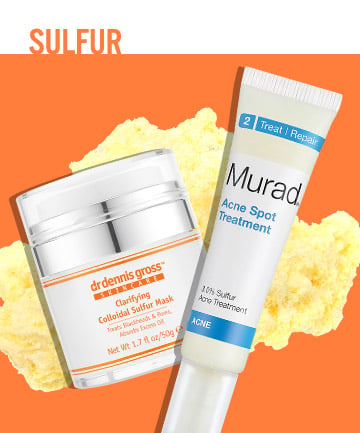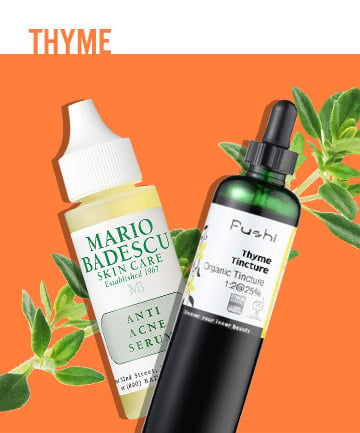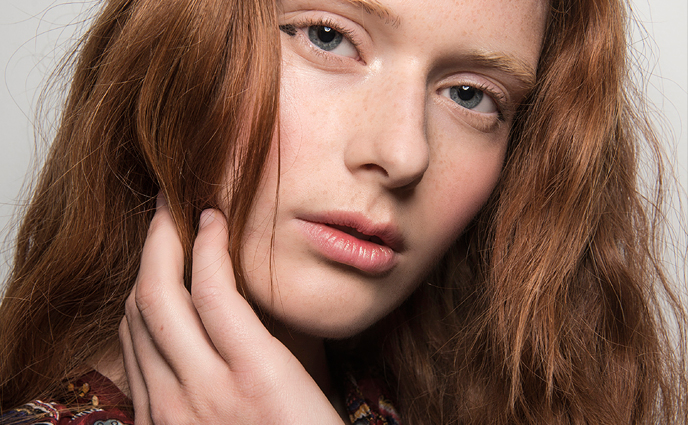Often avoided for causing red, flaky, burning skin, retinol, a derivative of vitamin A, is one of the most powerful acne eradicators -- and skin care ingredients -- on the market. That's because it not only unclogs blocked pores and removes dead cells that cause pimples, it also promotes the growth of healthy skin, reducing wrinkles and age spots. It's available for acne in over-the-counter concentrations, or you can get super-strength trentinoin from your dermatologist in the form of Retin-A. (For anti-aging, ask your dermatologist about Renova.)
Topical retinoids come in cream, gel and liquid forms, usually applied in the evening to help your body deal with any irritation. If you do get redness, doctors advise starting out by applying it every other night.
Try: Skinceuticals Retinol 0.5, $57. Or, Curology, which lets you get a prescription strength retinol through a dermatologist online.
Topical retinoids come in cream, gel and liquid forms, usually applied in the evening to help your body deal with any irritation. If you do get redness, doctors advise starting out by applying it every other night.
Try: Skinceuticals Retinol 0.5, $57. Or, Curology, which lets you get a prescription strength retinol through a dermatologist online.
Plant-based oils have come out of the closet for oily skin. "There is a world of oils that are great for facial skin," says Dr. Day. "You don't have to look for 'oil-free' anymore." Plant-based oils can not only provide soothing, hydrating and calming benefits to acne-prone skin, they can also be antibacterial, she says. The key is to make sure you are using oils that are non-occlusive (do not clog pores) and non-greasy. (In other words, avoid petrolatum and mineral oils!) One of the best oils for blemished skin is the humble and inexpensive coconut oil, says Day, which is both hydrating and anti-inflammatory.
Try: For an at-home natural acne treatment: Mix a drop of coconut oil with equal parts honey, an antiseptic, and aloe, an anti-inflammatory that will also help with pain and itch. Apply to pimples as a spot treatment. Rinse off after an hour.
Try: For an at-home natural acne treatment: Mix a drop of coconut oil with equal parts honey, an antiseptic, and aloe, an anti-inflammatory that will also help with pain and itch. Apply to pimples as a spot treatment. Rinse off after an hour.
Sulfur works by suppressing the bacteria that causes pimples, and it can also unclog pores. Because it can be very drying (and has a strong smell), it's best to use as a spot treatment or mask that is rinsed off the face.
Try: Murad Acne Spot Treatment, $18, is a powerful pimple blocker that can be applied to full-blown pimples or a blemish you feel coming on before it shows. It contains sulfur (2 percent) and salicylic acid -- a double whammy. Dr. Dennis Gross Skincare Clarifying Colloidal Sulfur Mask, $42, contains sulfur, clay and retinol to fight acne, oil-production and wrinkles.
Try: Murad Acne Spot Treatment, $18, is a powerful pimple blocker that can be applied to full-blown pimples or a blemish you feel coming on before it shows. It contains sulfur (2 percent) and salicylic acid -- a double whammy. Dr. Dennis Gross Skincare Clarifying Colloidal Sulfur Mask, $42, contains sulfur, clay and retinol to fight acne, oil-production and wrinkles.
On the hunt for a natural acne treatment? According to research from Ireland, herbal preparations that contain thyme may be more effective at getting rid of acne than prescription creams. The research, from Leeds Metropolitan University, revealed that all the preparations tested were able to kill the bacteria that causes acne after five minutes of exposure, but that thyme was the most effective of the three. In fact, they discovered that their thyme tincture had a greater antibacterial effect than standard concentrations of benzoyl peroxide. Score one for acne home remedies.
Try: Fushi Thyme Tincture, $11.69, or Mario Badescu Skin Care Anti Acne Serum, $22.
Try: Fushi Thyme Tincture, $11.69, or Mario Badescu Skin Care Anti Acne Serum, $22.








